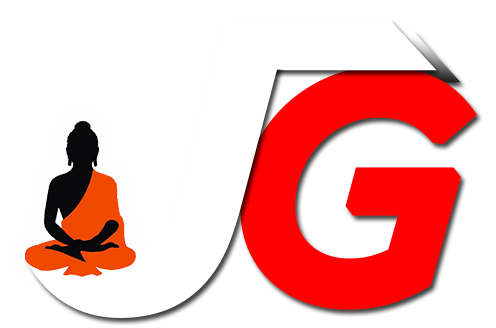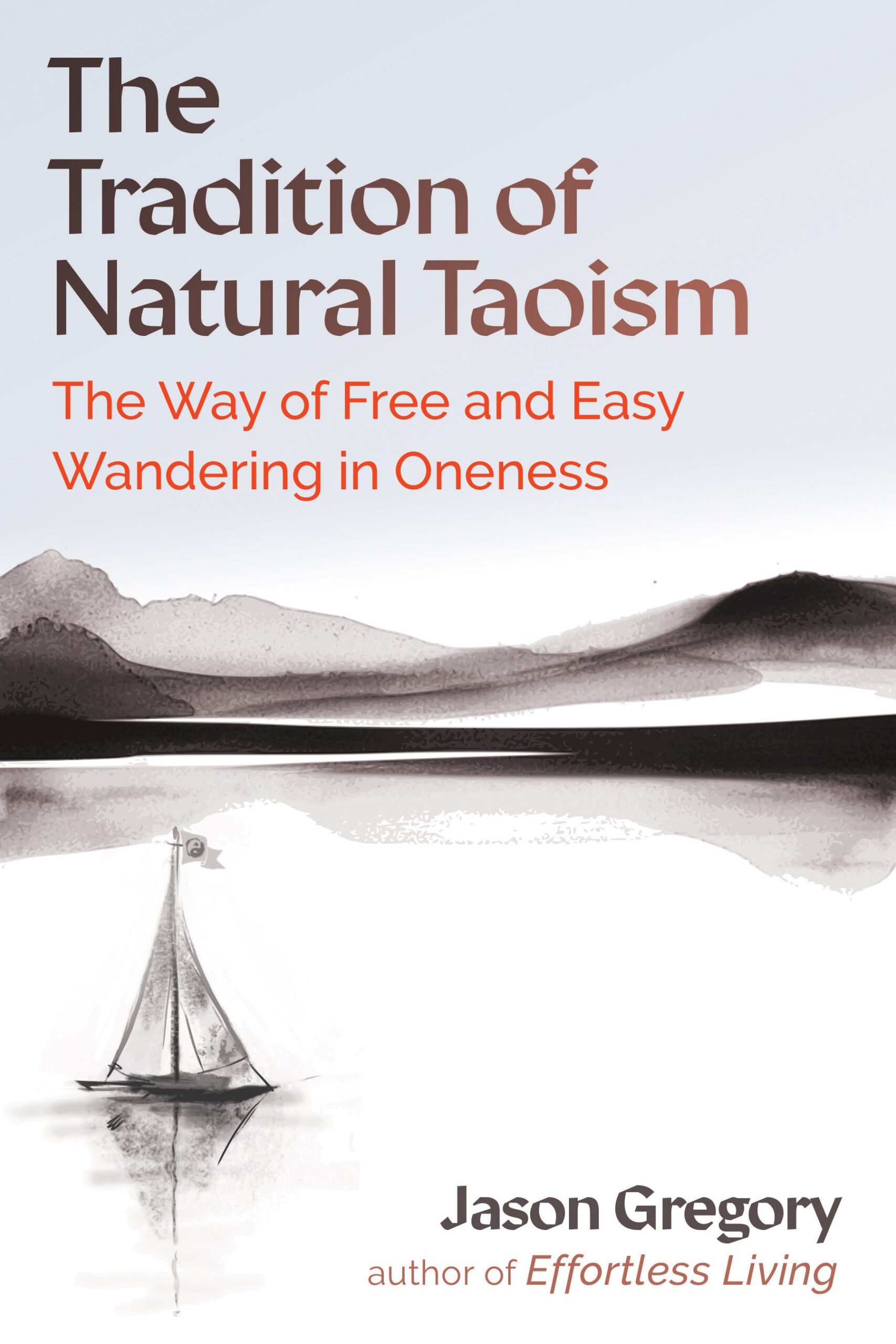What is ATMAN? | Discovering Your True Self
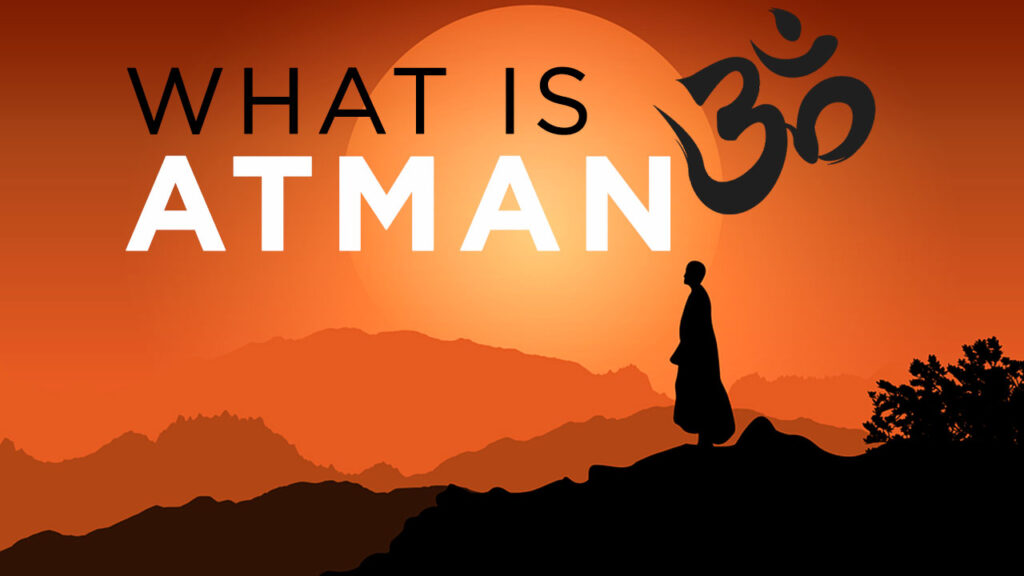
In this podcast, we will explain what the undifferentiated consciousness of Atman truly is and how it is completely different from the Western concept of the soul. One of the greatest discoveries of the schools of Eastern philosophy is the true nature of our existence. But does this discovery have anything to do with our individual sense of agency or soul? Find out! NOTE: This site directs people to Amazon and is an Amazon Associate member. As an Amazon Associate I earn from qualifying purchases, at no additional cost to you. The pages on this website may contain affiliate links, which means I may receive a commission if you click a link and purchase something that I have recommended. This goes a tiny way towards defraying the costs of maintaining this site.
The Paradox of Inevitable Progress
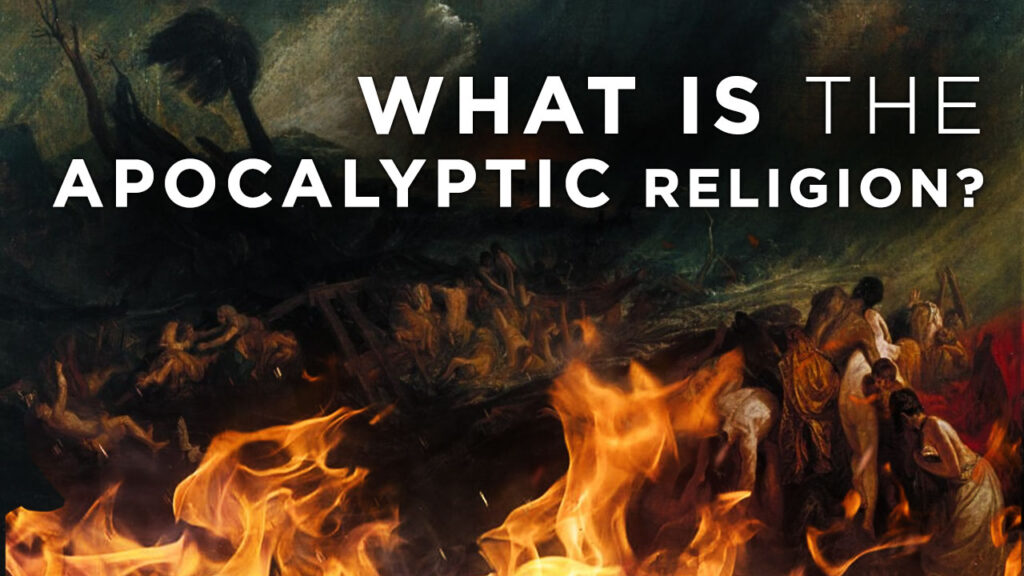
In this podcast, we will speak about the world’s focus on inevitable progress at the expense of traditional knowledge. In a brief period of time, thousands of years of traditional knowledge and skills are being wiped out due to a modern idea of progress that might not be as progressive as what people think. There is a reason why many traditions have survived, helping humanity to evolve and grow into the amazing species we are. But that constant natural learning and growing is under threat due to a religious mentality that threatens the sanity of humanity. What is the apocalyptic religion? NOTE: This site directs people to Amazon and is an Amazon Associate member. As an Amazon Associate I earn from qualifying purchases, at no additional cost to you. The pages on this website may contain affiliate links, which means I may receive a commission if you click a link and purchase something that I have recommended. This goes a tiny way towards defraying the costs of maintaining this site.
TAOISM | Lao Tzu’s Mystical Virtue
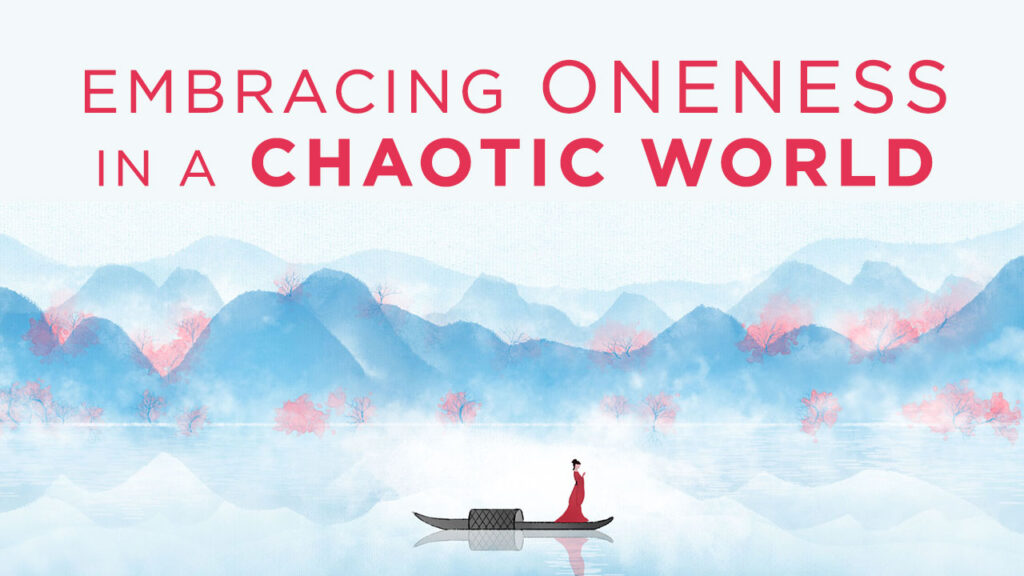
In this podcast, we will explain Lao-tzu’s advice on how to continuously embrace the Tao in a chaotic world, offering us a path to ultimate liberation that he calls mystical virtue. This is the tenth episode of the 81 Meditations of the Tao Te Ching, a series where we explore each chapter of the Tao Te Ching. We will dissect chapter ten of the Tao Te Ching to give you ultimate clarity on the meaning of this chapter. NOTE: This site directs people to Amazon and is an Amazon Associate member. As an Amazon Associate I earn from qualifying purchases, at no additional cost to you. The pages on this website may contain affiliate links, which means I may receive a commission if you click a link and purchase something that I have recommended. This goes a tiny way towards defraying the costs of maintaining this site.
Why Life is Suffering | Eastern vs Western Happiness
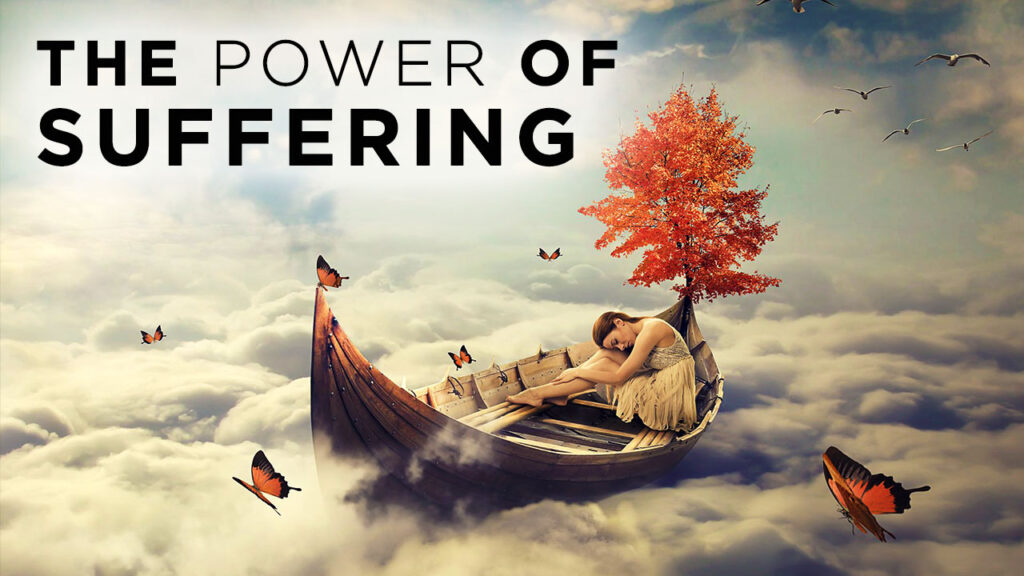
In this podcast, we will explain why life is suffering and how suffering itself contains one of the greatest lessons in life. The Buddha 2,500 years ago explained that life is suffering, but also he gave us a roadmap to eradicate suffering to experience ultimate liberation. This lesson has not been taken onboard nor become ingrained in the psyche of humanity because we are not learning the lessons that suffering is teaching us due to one type of happiness that has us chasing fleeting moments of happiness. When you chase happiness based on temporality, then you’ll suffer. But happiness is not something that is given, suffering is on the other hand. But happiness is a state of consciousness when we accept suffering and do the spiritual work to understand and eradicate it. The real power of suffering is how it leads to empathy, compassion, forgiveness, and ultimately unassociated love. This power can be harnessed if we truthfully understand our own suffering which allows us to empathize with the suffering of others in the world around us. NOTE: This site directs people to Amazon and is an Amazon Associate member. As an Amazon Associate I earn from qualifying purchases, at no additional cost to you. The pages on this website may contain affiliate links, which means I may receive a commission if you click a link and purchase something that I have recommended. This goes a tiny way towards defraying the costs of maintaining this site.
The Universe Explained in 12 Words | A Spiritual Master’s Revelation
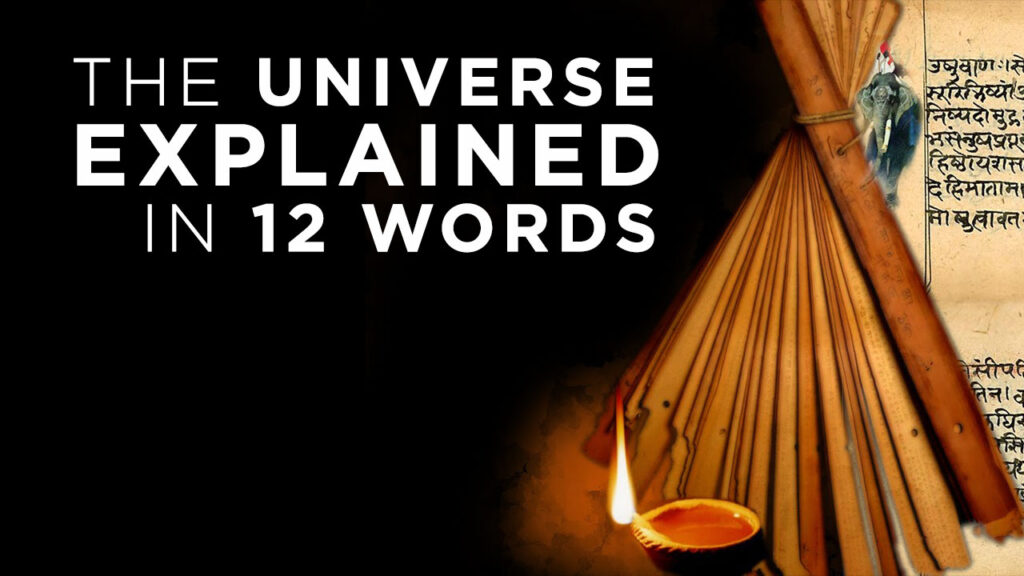
In this podcast, we will explain the universe in twelve words. This one quote is from the great Advaita Vedanta master Shankara, and it explains the universe and the game of duality we are caught in. Many spiritual masters, such as Ramana Maharshi, reverted back to this quote to answer the age-old conundrum of how the nondual reality of Brahman exists in a universe that is seemingly dualistic from our human perception. If there was one quote you ever needed to hear to understand the nature of the universe and your existence itself, then this is the quote you must hear. NOTE: This site directs people to Amazon and is an Amazon Associate member. As an Amazon Associate I earn from qualifying purchases, at no additional cost to you. The pages on this website may contain affiliate links, which means I may receive a commission if you click a link and purchase something that I have recommended. This goes a tiny way towards defraying the costs of maintaining this site.
The Cultivation of Effortlessness
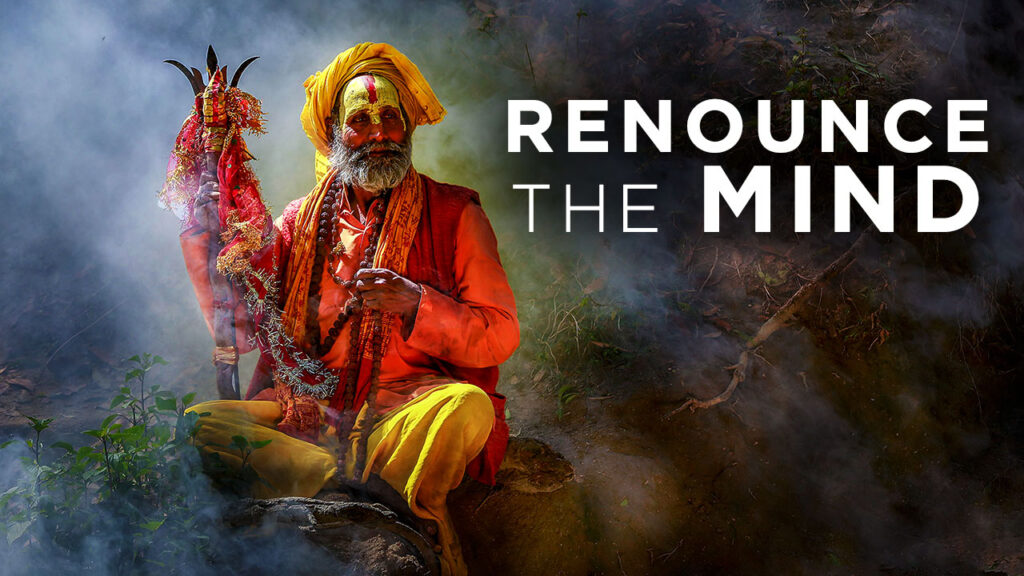
In this podcast, we will explain why spiritual practice and renunciation (nonreaction) are essential for cultivating effortlessness. Abiding in an effortless mind is explained thoroughly in the 196 observations on the nature of consciousness known classically as the Yoga Sutras of Patanjali. We will explain sutras 12-19 which is the second episode of the 196 Meditations of the Yoga Sutras, a new series where we explore each sutra. We will dissect the sutras 12-19 to give you ultimate clarity on the meaning of these sutras. This series is extremely important for those interested in the nature of consciousness. NOTE: This site directs people to Amazon and is an Amazon Associate member. As an Amazon Associate I earn from qualifying purchases, at no additional cost to you. The pages on this website may contain affiliate links, which means I may receive a commission if you click a link and purchase something that I have recommended. This goes a tiny way towards defraying the costs of maintaining this site.
TAOISM | Why Losing Interest in the World is Freedom
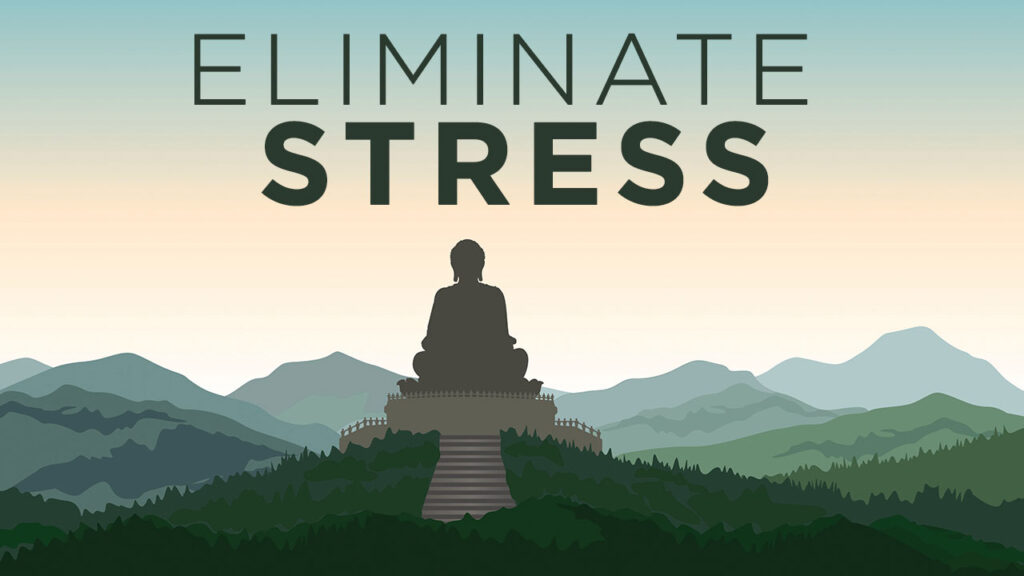
In this podcast, we will explain why losing interest in the mundaneness of the world is a sign of spiritual growth and maturity. Going back to ancient times it was imperative for a spiritual aspirant to withdraw from worldly affairs as we see within the teachings of Taoism, Buddhism and Hinduism. The importance of this distance from worldliness for the spiritual aspirant hasn’t changed, but the power of distractions in the modern world has intensified. This is why now more than ever is a great opportunity to develop spiritually and eliminate distractions to overcome the deepening madness of the world. NOTE: This site directs people to Amazon and is an Amazon Associate member. As an Amazon Associate I earn from qualifying purchases, at no additional cost to you. The pages on this website may contain affiliate links, which means I may receive a commission if you click a link and purchase something that I have recommended. This goes a tiny way towards defraying the costs of maintaining this site.
Taoism’s Aimlessness vs Western Goals and Success
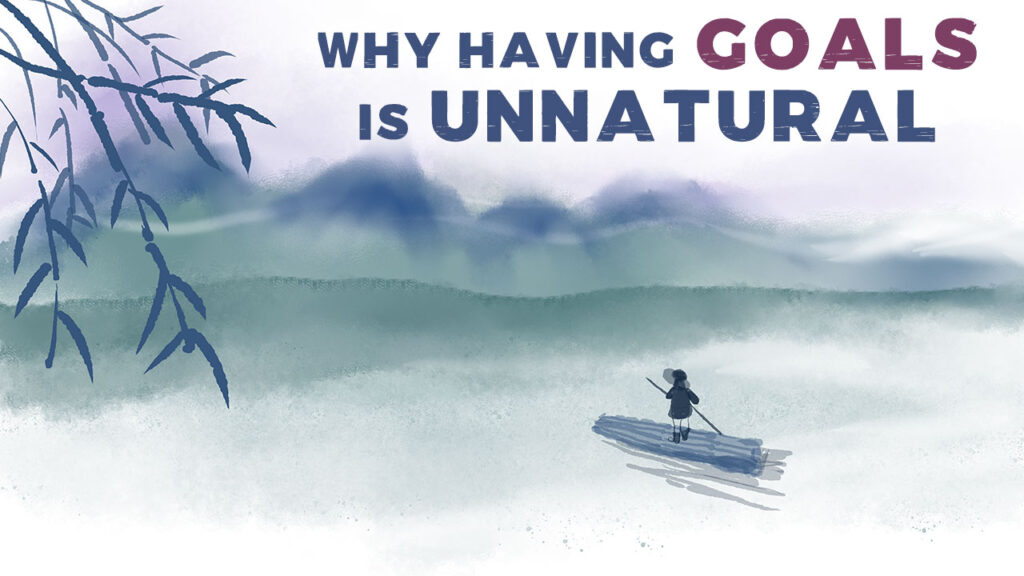
The general mindset of the West is to strive for socially manufactured goals and to try and achieve them according what society determines is successful. The Western social model of goals and success is incorrectly assumed to be a universal way of thinking. As a result, this type of mindset is then superimposed onto foreign ideas, such as spiritual enlightenment in the East. But to attain enlightenment one has to overcome goal orientation and essentially stop striving and give up the search. This Eastern perspective is best explained by the essential teaching of wu-wei in Taoism. In the Tao Te Ching and the Zhuangzi there is no consideration of goals, but rather a focus on aimlessness as a method for creating healthy and sane individuals. Having goals, according to Taoism, is a blind alley that can lead to all sorts of psychological problems and social unrest. In this episode of Ask Jason, I will answer a question about whether or not a goal oriented focus can fit into the art of wu-wei (effortless living/non-doing/non-interference) and whether or not we should have a goal or goals in life and on the spiritual path. NOTE: This site directs people to Amazon and is an Amazon Associate member. As an Amazon Associate I earn from qualifying purchases, at no additional cost to you. The pages on this website may contain affiliate links, which means I may receive a commission if you click a link and purchase something that I have recommended. This goes a tiny way towards defraying the costs of maintaining this site.
Why LESS is MORE | Taoism’s Wisdom for True Freedom
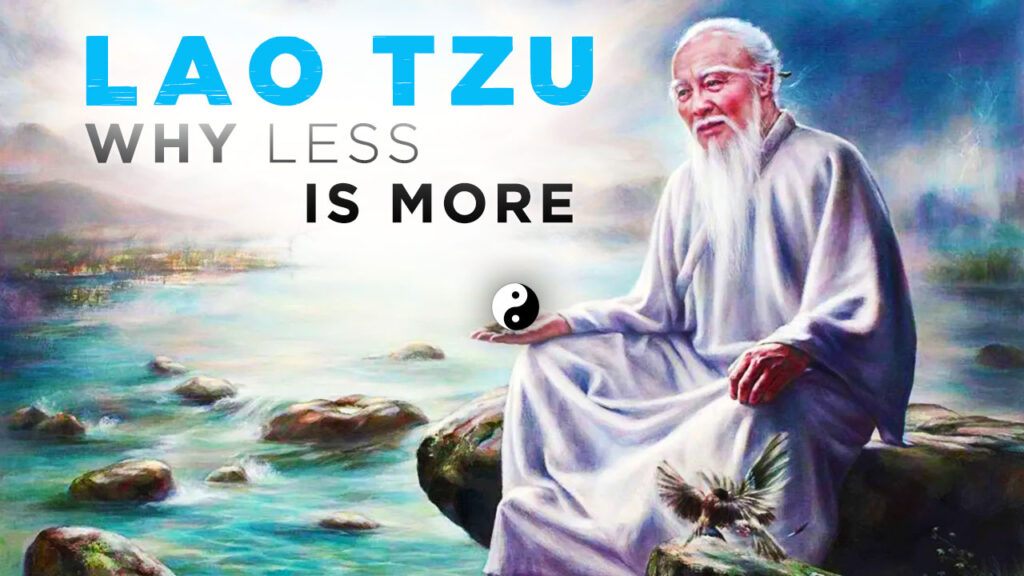
In this podcast, we will explain why too much of anything is a bad idea and how to live in balance according to Taoist wisdom. Lao-tzu uses three primary images to explain why less is more: the overflowing cup, the blade that is too sharp, and the room full of treasures. But this is not about the material world, but rather the three images are about the mind, essentially how our “mind cup” can overflow from thinking itself. Find out why less is more in the ninth episode of the 81 Meditations of the Tao Te Ching, a series where we explore each chapter of the Tao Te Ching. We will dissect chapter nine of the Tao Te Ching to give you ultimate clarity on the meaning of this chapter. NOTE: This site directs people to Amazon and is an Amazon Associate member. As an Amazon Associate I earn from qualifying purchases, at no additional cost to you. The pages on this website may contain affiliate links, which means I may receive a commission if you click a link and purchase something that I have recommended. This goes a tiny way towards defraying the costs of maintaining this site.
An Artificial Problem in a Natural World | Book Excerpt
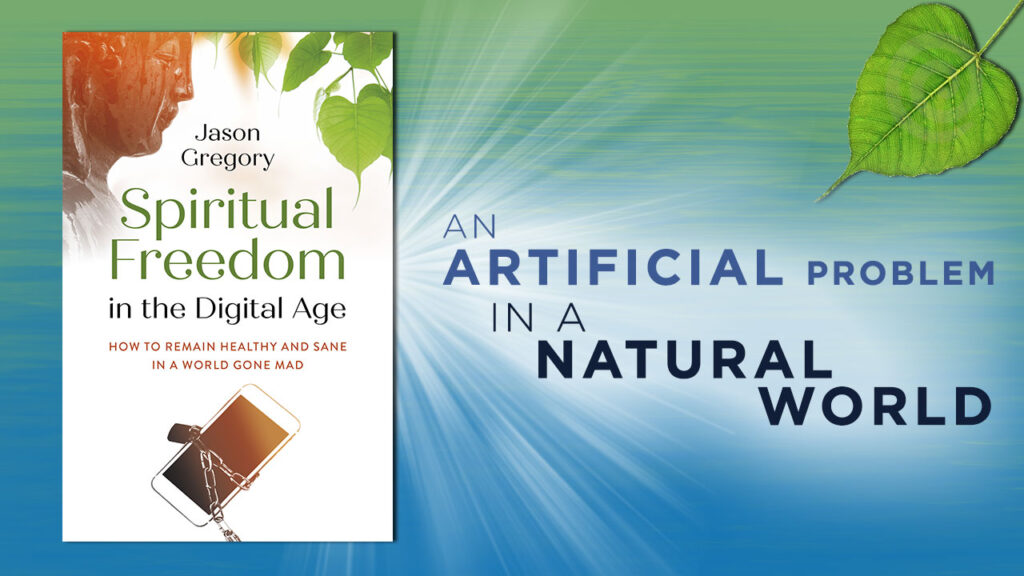
An Artificial Problem in a Natural World | Book Excerpt We currently live in a culture where we believe we should know “everything,” or at least have access to the possibility of knowing everything. Our culture also ingrains in our mind that we should be “popular” and “relevant.” This mix implies that we should be a popular version of Einstein, maybe close to Neil deGrasse Tyson, but even cooler, more popular, and smarter. Think of a hip version of Iron Man. Our modern culture of popularity teaches us to stick out in front of the crowd for no apparent reason at all. We should be popular even though we don’t know why. As a result, we are building a culture where we project an artificial persona into social media platforms as if this is a surefire way to popularity and being loved by the world. But this behavior exposes our psychological flaws and fears because our craving for attention is subtly an attempt to try and establish that we are worthy. We incorrectly believe we are worthless if we are not popular and respected by others. These sorts of deep-seated psychological issues that the digital world exposes are only the tip of the iceberg (I will go into these problems and many others throughout the book). If we are fidgety with our phones and trying to be popular to feel worthy and accepted, then isn’t this anxious use of digital devices questioning our sanity? What is wrong with just sitting still and breathing calmly while listening to the natural sounds of the world? Why don’t we understand that we are worthy no matter what and that it is actually socialization that makes us feel worthless? Oh, that’s right, we have built a culture that can’t sit still for five seconds because we are trying to always distract our mind from the brutal reality we call our lives. We are addicted to busyness and so we identify with what we do rather than who we are. Well, it’s time to grow up and understand ourselves more intimately and reconnect with life itself. Until that time comes, we need to realize that we live in a culture not mature enough to use technology wisely for the benefit of humanity. Well, not yet anyway. Are We Headed in the Right Direction? Or is the Digital World a Dead End? Since we exhibit a level of immaturity with the use of digital technology, is it wise to go full steam ahead in that direction? If we keep falling down the rabbit hole of the digital world, who knows where we will end up and how a human being will be (if we will be human at all. More on this later in the book). If we keep pursuing this artificial life there is a trade-off. The trade-off is we will lose all contact and sensitivity to the natural world and also our own individual naturalness. When was the last time you went into nature and just listened to her while observing your own natural breathing? Sounds like an odd question doesn’t it. But that’s what life itself is and we are trading it off for a world that is not real. A sad fact of reality is many people find the digital world much more interesting than the real world. But when we compare man-made technology to the natural world there is no comparison, because the mystery and complexity of nature is spellbinding. You have direct access to the most sophisticated technology in the known universe, and I don’t mean your smartphone. I’m talking about the human organism. You are the most sophisticated piece of technology in the known universe and most of us sadly don’t know anything about it. But, on the other hand, we can teach someone to turn on the television and channel surf. Sadly, we hardly know anything about our body and mind. We’re so caught up in the hustle and bustle of the world that we’ve forgotten we even have a body and mind. We forget about consciousness itself. We are like fish who aren’t aware of the water. We invest so much time and effort in everything else but ourselves. And I don’t mean investing in your business, home, career, social media presence, and so on. I mean invest in your actual life, your health and sanity. How can we have a healthy and sane world if we don’t invest in health and sanity on an individual level? It’s not possible. We strive for favorable circumstances externally, but often neglect our inner world. We don’t consider how the digital world is affecting our mind. Having a sense of equanimity and harmony in our life is sadly not our concern in the digital age. We have built a world on comparison and competition, and those competitive juices are being directed into the digital world. Our natural survival instincts are alerting us to keep up with everyone else by taking advantage of the digital revolution. We better invest our time and energy into our projected self-image of who we think we should be on our Instagram, Twitter, and Facebook accounts or people will know our lives are truly empty and boring (my sarcasm is noted). We spend so much time and energy trying to keep up with everyone else on social media that we totally forget about the real social aspect of life. We lock our eyes onto our digital screens every waking moment. We clutch our smartphone to the very last minute as we lay down in bed and fire off that last tweet as if it couldn’t wait until tomorrow. We’ll wait for a bus and instead of making eye contact with someone else, we stare blankly into our glowing screens. Life is going by and you don’t even know it. All you know is what the Facebook feed tells you to believe, as we vicariously
